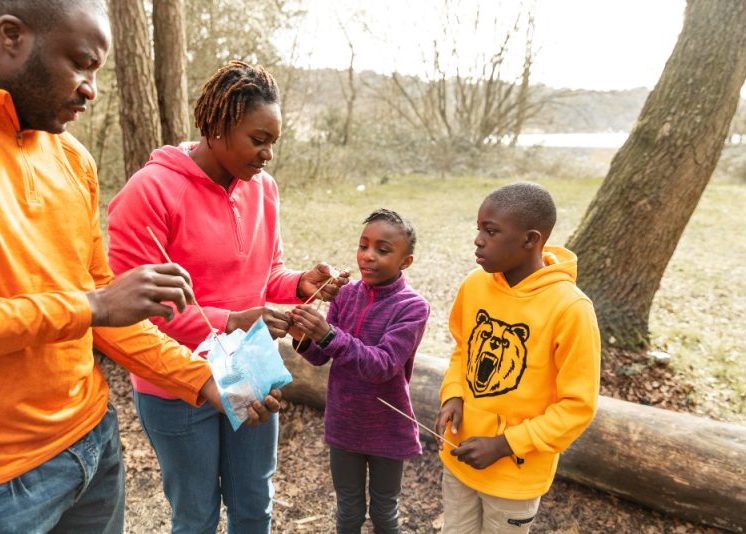7 Essential Ground Rules for Raising Safe and Responsible Children

The sun dipped below the horizon, casting long shadows across the quiet neighborhood. Sarah, a bright-eyed 14-year-old, had told her parents she was at a friend’s house. But as the hours ticked by, and her phone went unanswered, a knot of worry tightened in her parents’ stomachs. They pictured her walking alone in the dark, or worse, in a situation they couldn’t even imagine. Thankfully, after a frantic hour of searching, they found her, shaken but unharmed, at an impromptu gathering in an unfamiliar park, her phone dead. This incident wasn’t about punishment; it was a stark reminder of the fragile line between independence and vulnerability, and the vital role of ground rules in protecting our children.
In today’s complex world, raising children is more challenging than ever. Navigating social media, peer pressure, and potential dangers requires a solid foundation of safety and responsibility. That’s where ground rules come in. These 7 essential guidelines are crucial for creating a secure environment, helping your children navigate the complexities of today’s world.
The 7 Essential Ground Rules: Detailed Explanation
- Ground Rule 1: No Secrets
- Secrets, unlike surprises, are often used to conceal harmful behavior. Teach your child that if someone tells them to keep something hidden, especially if it makes them uncomfortable, they should tell you immediately. Create a safe space where they feel comfortable sharing anything, without fear of judgment.
- Ground Rule 2: No Lies
- Honesty is the bedrock of trust. Explain that lying erodes relationships and prevents you from helping them when they need it most. When they make a mistake, focus on problem-solving rather than punishment, fostering an environment where they feel safe telling the truth. Also, lead by example, as children learn by observing.
- Ground Rule 3: No Late Outings
- Darkness brings increased risks. Establish age-appropriate curfews and explain the dangers of being out late. Consistent bedtimes also promote healthy sleep patterns. Always know where your children are, and who they are with.
- Ground Rule 4: No Going Out Without Permission
- This rule isn’t about control; it’s about safety. Implement a system where children must request permission before leaving the house. This ensures you know their whereabouts and can take necessary precautions. Knowing who they are with is also important.
- Ground Rule 5: Always Have Your Phone On
- In today’s world a phone is a vital tool. Ensure your children understand that having their phone on is not an invitation to be constantly on social media, but primarily a safety measure. Teach them responsible phone usage, including how to use it for emergencies.
- Ground Rule 6: Being Cautious of Strangers
- “Stranger danger” remains relevant. Teach children to avoid interacting with unfamiliar individuals and to report any suspicious behavior. Emphasize that a “stranger” isn’t just someone they’ve never met; it’s anyone they don’t have a trusting relationship with. Also, teach them about “safe strangers” like police officers, and firefighters.
- Ground Rule 7: No Moving in Isolated Areas
- Isolated areas such as empty parking lots, isolated trails, or parks after dark can be very dangerous. Explain to your children why these areas should be avoided. It is also important to explain the dangers of being isolated, and that there is strength in numbers.
Important Considerations: Practical Advice
- Age-Appropriateness: Rules should evolve with your child’s maturity. A teenager needs more autonomy than a young child.
- Explanation and Reasoning: Don’t just dictate rules; explain the “why.” Open communication fosters understanding and cooperation.
- Consistency: Parental unity is crucial. Inconsistent enforcement undermines the rules’ effectiveness. Address rule violations calmly and fairly.
- Open Communication: Create a safe space for your children to express their feelings. Active listening is key.
Conclusively, implementing these 7 ground rules isn’t about stifling independence; it’s about providing a safety net as your children navigate the complexities of growing up. By creating a secure and loving environment, you empower them to make responsible choices and thrive.
What ground rules have you found most effective? Share your experiences in the comments below! And please, share this article with other parents who might find it helpful.